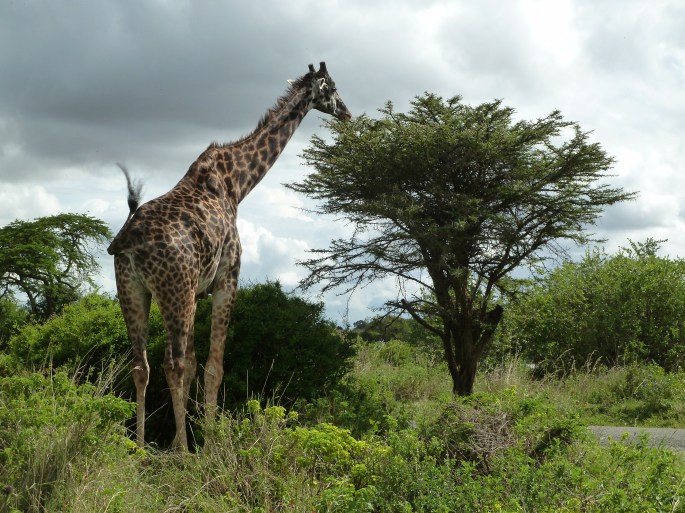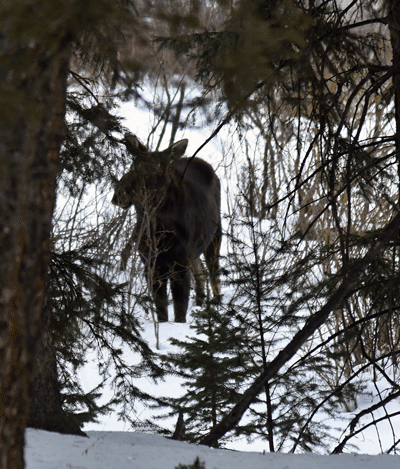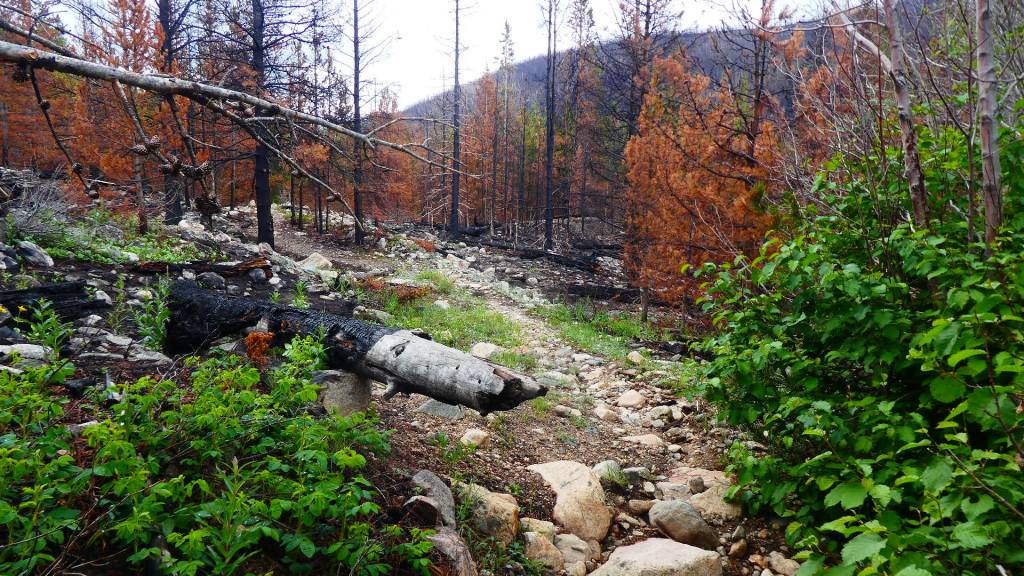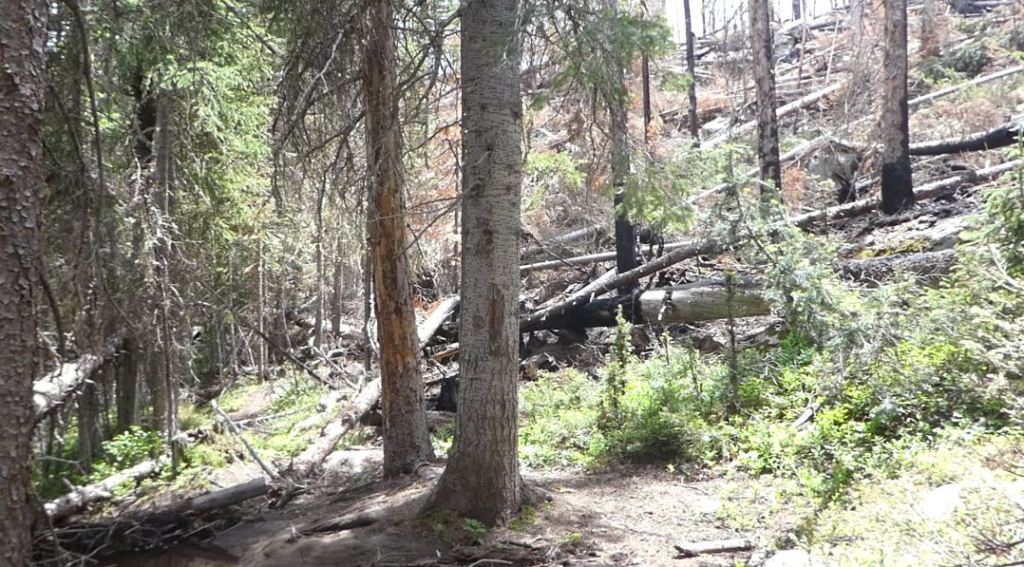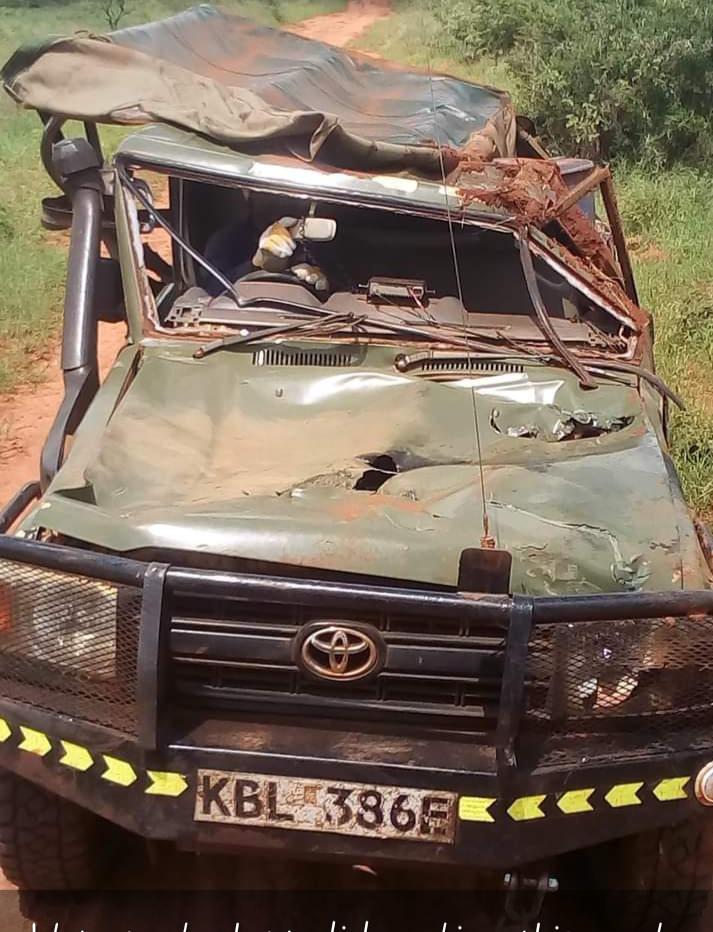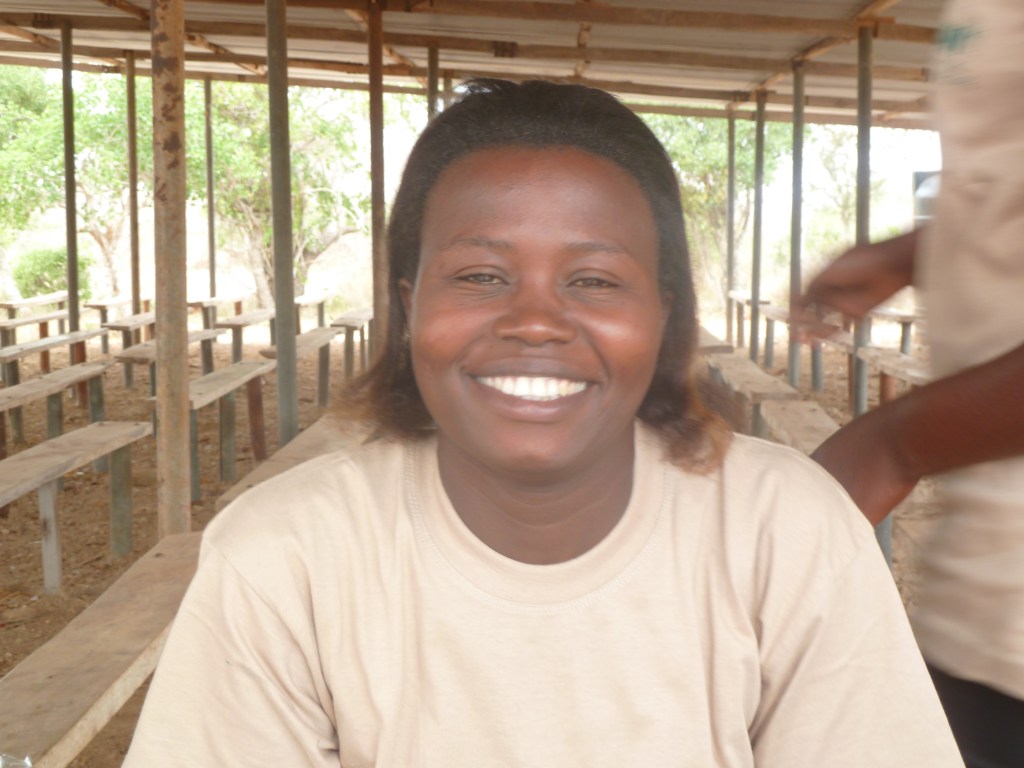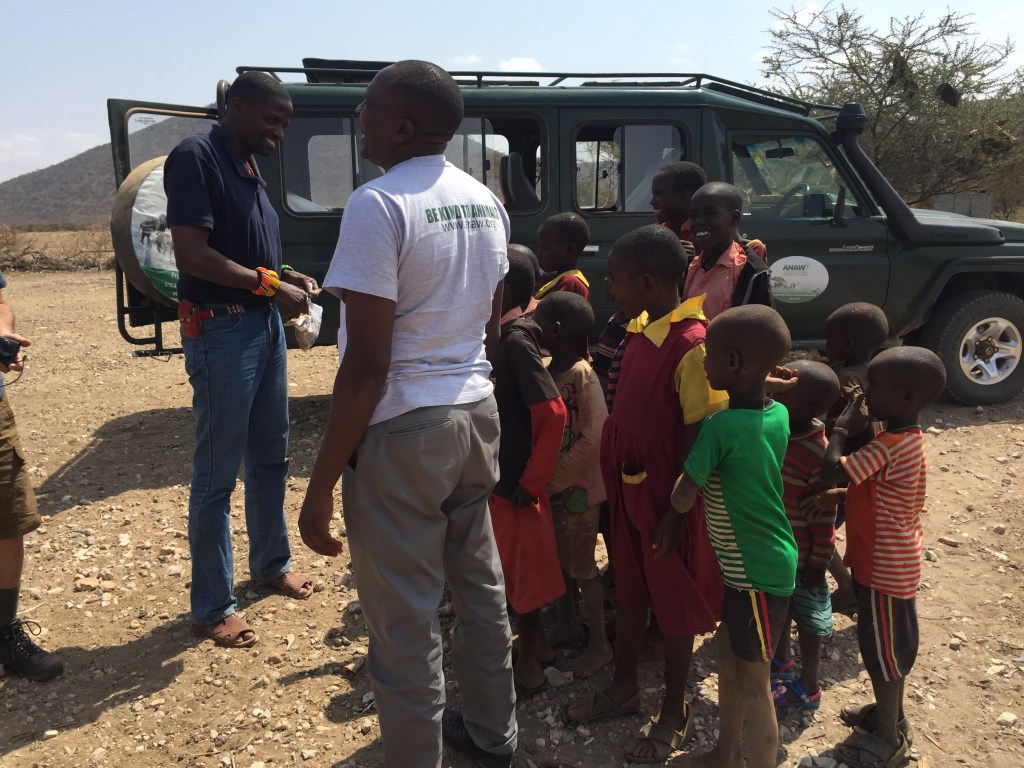My board term serving on the Africa Network for Animal Welfare has expired. As such I have ventured on a new effort involving the community in Kakamega in western Kenya.
During my time as a member of the Africa Network for Animal Welfare, I had the opportunity to actively contribute to the organization’s mission of protecting animals and their habitats. It was a fulfilling experience, and I am grateful for the valuable connections I made with fellow board members and passionate individuals working towards the same cause.
One particular community in the vicinity of Kakamega, a beautiful region in western Kenya, left a lasting impression on me. Through the network’s connections, I had the privilege of getting to know the local leaders who were spearheading remarkable initiatives in their area.
This community, though relatively small, had established a non-governmental organization focused on supporting the education of children in need. Their efforts encompassed various aspects, including covering tuition fees, providing exam booklets, implementing a meal program, and maintaining a small fund to cater to the students’ medical needs. It was inspiring to witness their dedication and the positive impact they were making on the lives of these young individuals.
In addition to my involvement with the Africa Network for Animal Welfare, I have recently joined a new group called the Inzeku Education Foundation. This organization is specifically dedicated to supporting the education of disadvantaged children in the Kakamega region. Currently, we are assisting twenty-nine students in primary school, eight students in high school, and one student enrolled in a technical program.
The name “Inzeku” holds special significance as it translates to “elephant” in the local language. It symbolizes the strength, resilience, and wisdom that we aim to instill in the students we support.
As a member of the Inzeku Education Foundation, I am committed to working alongside this passionate team to ensure that these deserving students have access to quality education, empowering them to build brighter futures for themselves and their communities.
By combining my experiences with the Africa Network for Animal Welfare and my new role in the Inzeku Education Foundation, I continue to contribute to causes close to my heart. The collective efforts of these organizations, driven by individuals who genuinely care about making a difference, showcase the power of community and collaboration in transforming lives.
I am excited about the journey ahead, as we strive to create a positive impact and inspire change through education, conservation, and the pursuit of a better future for all.
Providing nutritious meals to students, as proper nutrition plays a crucial role in their physical and cognitive development. Unfortunately, many students worldwide face challenges with accessing adequate meals, which can negatively impact their academic performance and overall well-being.
By supporting initiatives like the school lunch program mentioned earlier, we can make a significant difference in the lives of these students. Whether it’s through financial contributions, volunteering, or raising awareness, we can collectively help ensure that no child goes hungry while striving for educational success.
It’s heartening to see communities come together to address such pressing issues. This GoFundMe campaign serves as a platform for individuals to contribute, share resources, and create meaningful change. Together, we can empower students with the sustenance they need to excel in their studies and reach their full potential.
Remember, even the smallest acts of kindness can have a ripple effect, and by supporting causes like this, we are investing in a brighter future for the next generation. Let’s join hands to make a positive impact in our communities and create a more inclusive and compassionate society.
Thank you for your understanding, and please feel free to reach out if you have questions.
David Gies
https://gofund.me/44766e7f


